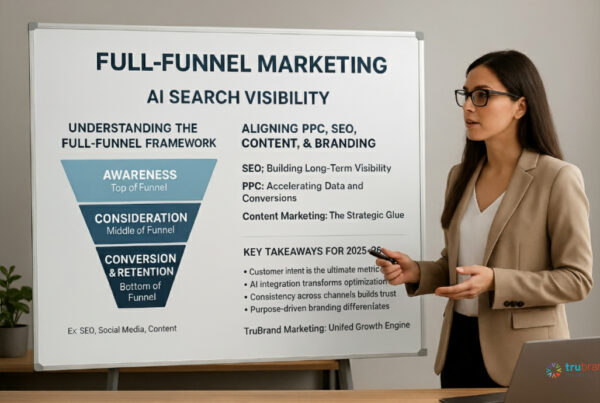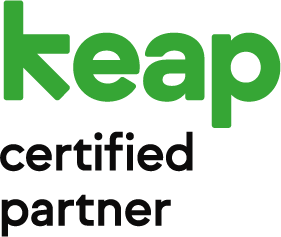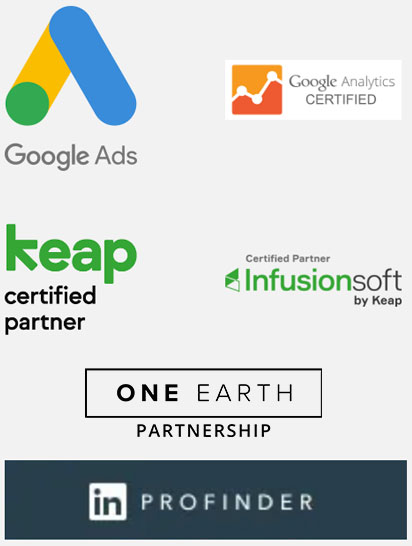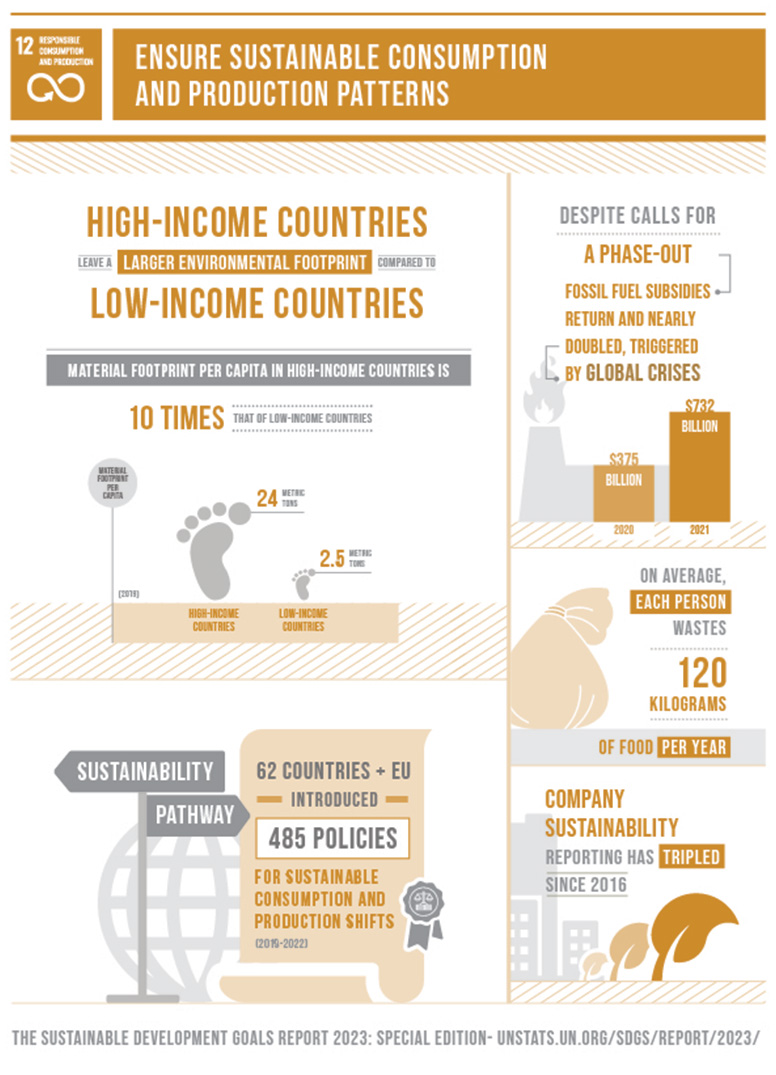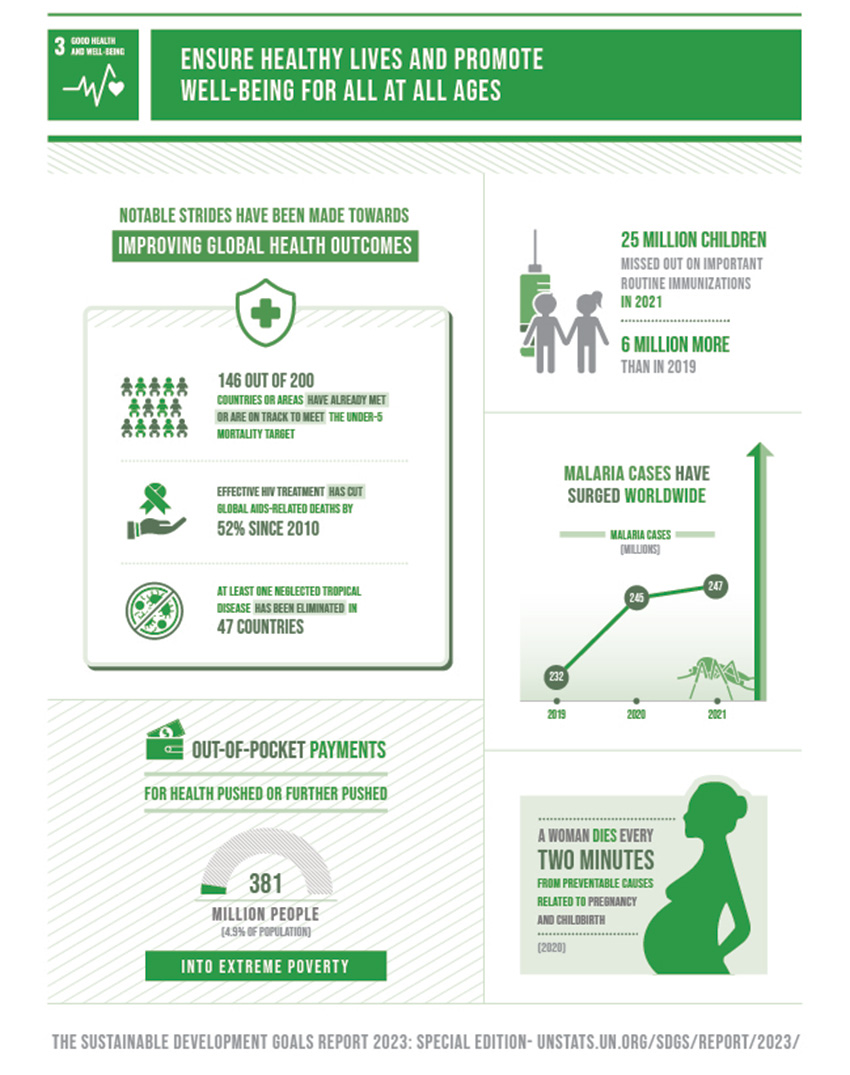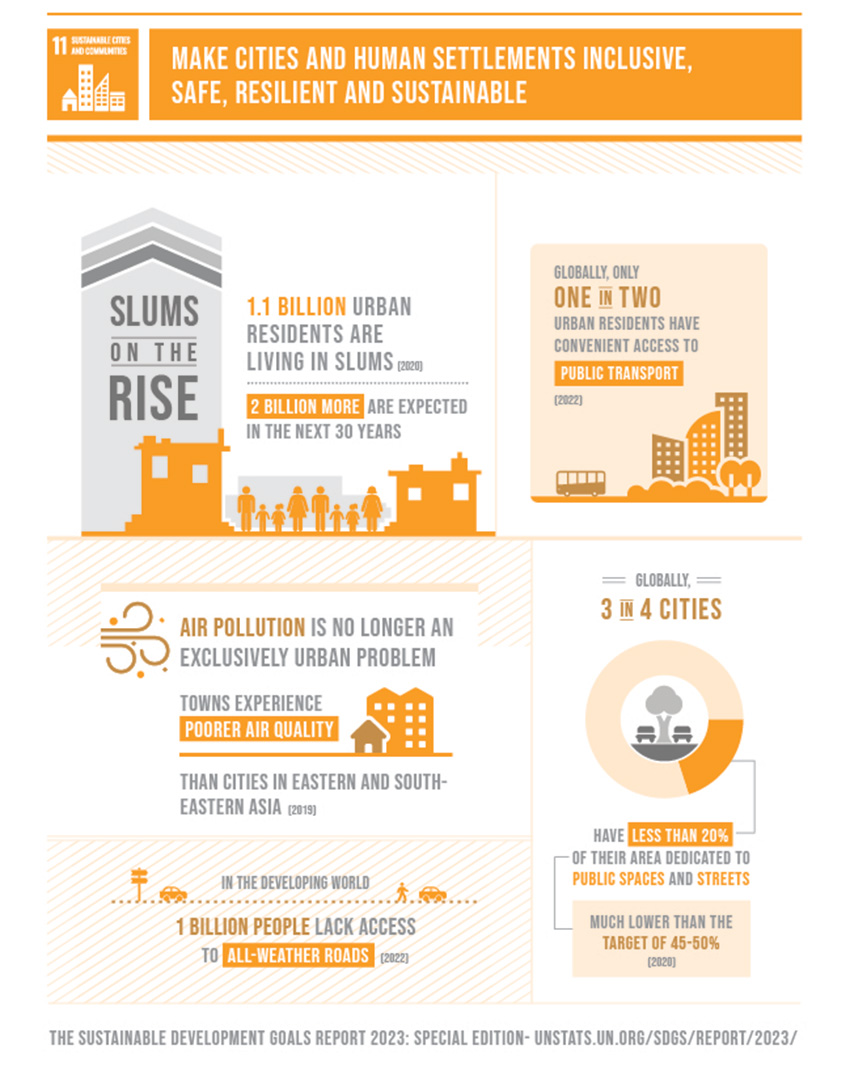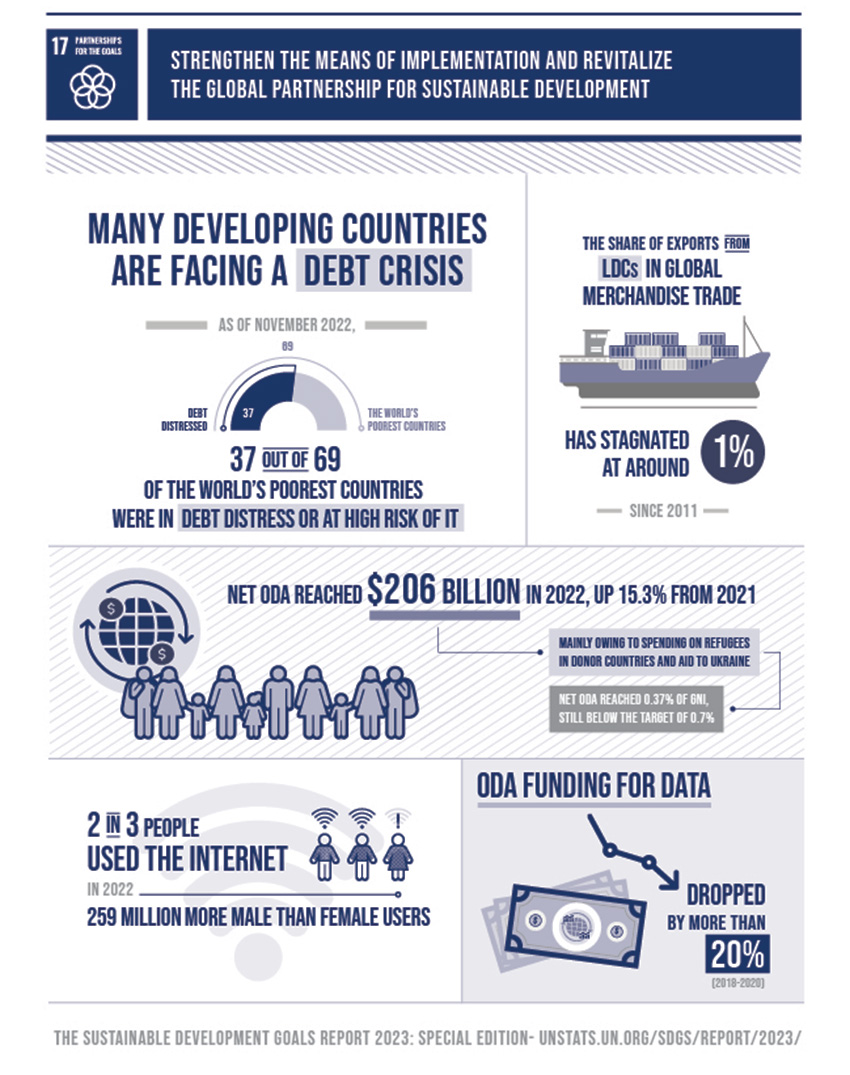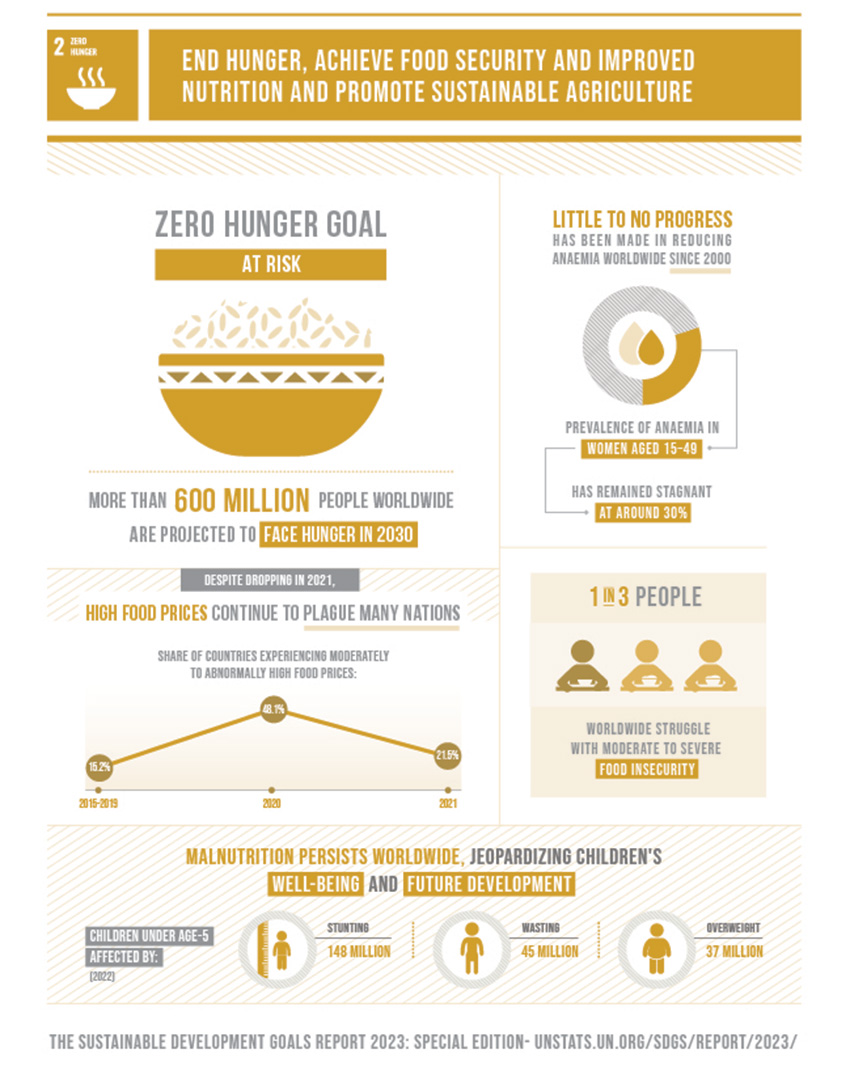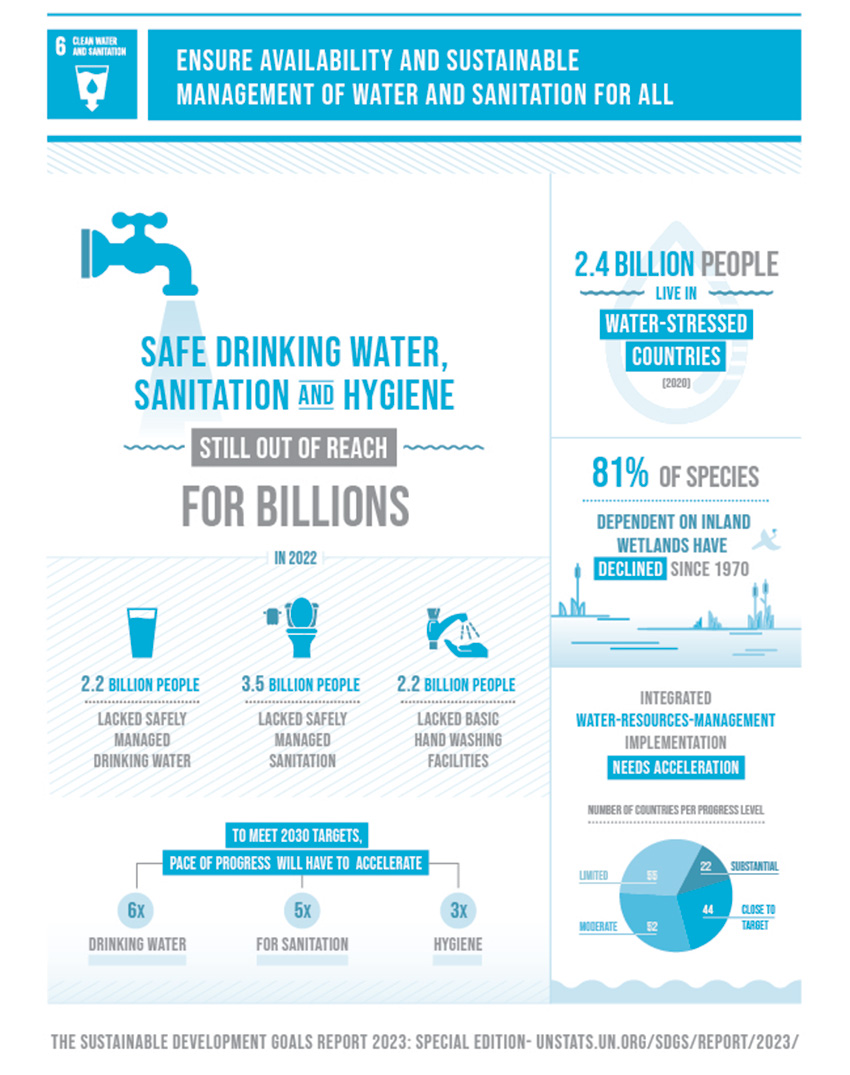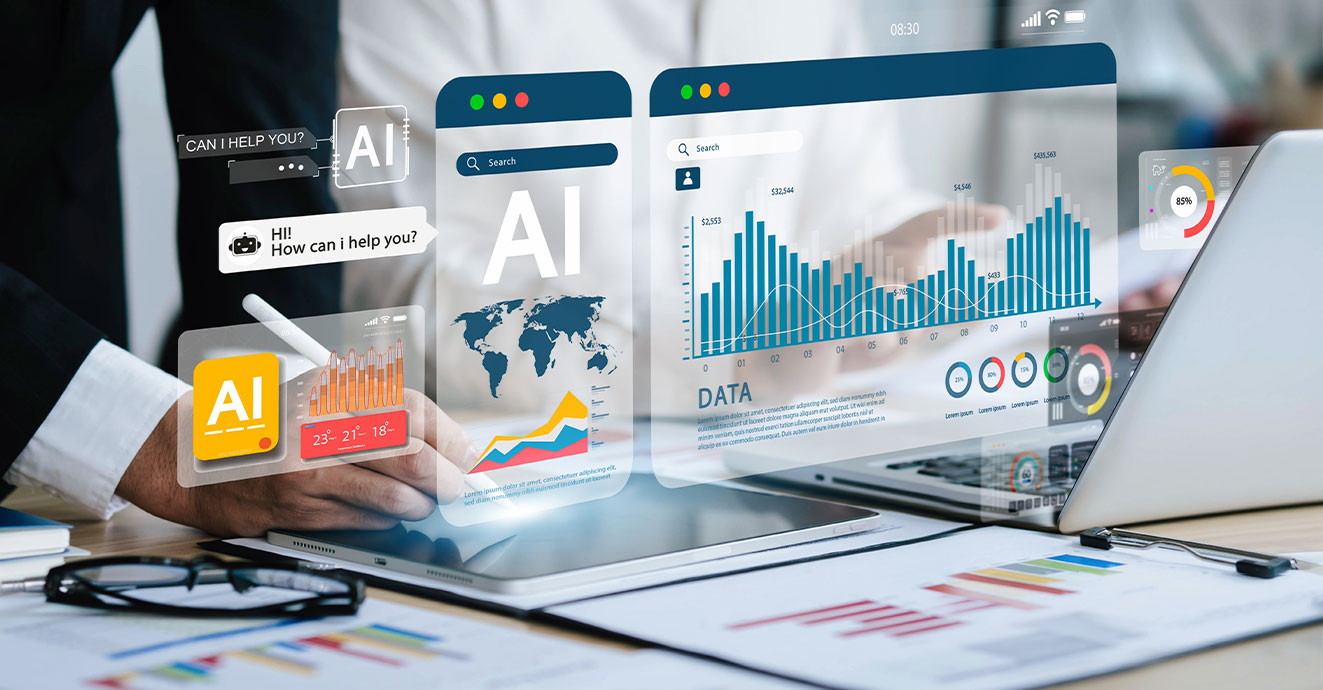
New Search, Building Knowledge Graphs, and Revolutionizing How We Understand Information
In today’s rapidly evolving digital world, artificial intelligence (AI) is fundamentally changing how we search for information, create content, and build interconnected knowledge. AI is not only altering the way we interact with technology but also reshaping how we structure, access, and understand content. From enhancing search capabilities to utilizing knowledge graphs for deeper insights, AI is transforming the content creation landscape. These advancements are reshaping how we produce, understand, and engage with digital content.
New Search with AI
A Shift in Information Retrieval
Traditional search engines rely on keywords to return relevant results based on search queries. While effective, this model has limitations in understanding the nuanced intent behind user searches. AI-powered search, however, is a game-changer. Instead of focusing solely on keywords, AI looks at the context, intent, and relationships between terms in a search query.
AI-driven search technologies use natural language processing (NLP) and machine learning algorithms to understand the deeper meaning behind a search. This allows AI to recognize synonyms, grasp context, and provide results that are not only more accurate but also highly personalized. For instance, a user searching for “best practices in AI for healthcare” might receive a range of insights—rather than just generic results—tailored to their specific interests.
By analyzing user preferences and historical data, AI also delivers results that anticipate what the user is looking for, making search experiences faster, more intuitive, and more relevant. With AI, searches are no longer based on rigid keywords, but instead focused on delivering smarter, more accurate responses based on understanding and context.
AI-driven search technologies also provide richer and more varied results. They integrate different forms of media, including videos, images, and interactive elements, making content delivery more engaging. Furthermore, these technologies are constantly learning from user interactions, meaning they get better at predicting user preferences over time, improving accuracy, and reducing the reliance on manual updates.
Content is King, But AI Makes it Smarter
The phrase “content is king” has long guided digital marketing and content creation strategies. In today’s digital age, however, it’s no longer just about producing large volumes of content—it’s about crafting smarter, more relevant, and engaging content that truly resonates with audiences. Here, AI plays a pivotal role in refining content production, making it more efficient while enhancing its quality.
AI tools are capable of generating a wide variety of written content—from blog posts and articles to product descriptions and social media updates. By analyzing vast amounts of data, AI can create content that is not only grammatically correct but also optimized for SEO, trends, and audience preferences. This enables creators to produce high-quality content consistently and at scale, ensuring they stay relevant and competitive in a constantly changing digital landscape.
Furthermore, AI can assist in automating content optimization. By analyzing keyword trends, user engagement data, and competitor content, AI tools can suggest adjustments to improve visibility and relevance, ensuring that content ranks well in search engine results. This data-driven approach to content creation helps businesses stay agile and responsive to evolving market demands.
Beyond creation, AI can assist in content curation and strategy. By analyzing user interactions and engagement patterns, AI provides invaluable insights into what types of content resonate best with specific audiences. AI also uses predictive analytics to identify emerging trends, allowing creators to produce content that is not only relevant today but future-proof, anticipating what audiences will be interested in tomorrow.
Knowledge Graphs
Building Smarter Content and Search Experiences
One of the most powerful developments in AI is the use of knowledge graphs. A knowledge graph is a dynamic network of interconnected data points, where each node represents an entity or concept, and each edge represents a relationship between them. This structure enables AI to map out how different pieces of information relate to one another, allowing for more efficient, insightful content delivery and search results.
Google’s Knowledge Graph, for example, powers the rich snippets and informational panels that appear at the top of search results when users search for well-known topics, such as famous people or historical events. Instead of listing links to multiple pages, it pulls together key facts and relevant relationships, providing users with concise, immediate answers.
For content creators, aligning with knowledge graphs means structuring content in ways that AI can easily interpret and connect to other related topics. This makes content more discoverable and relevant to users. AI-driven knowledge graphs can cross-reference content on similar subjects, which enhances content visibility and boosts search rankings, ensuring users find interconnected, valuable insights.
Moreover, knowledge graphs enable deeper content recommendations. For example, if a user reads an article about “AI in healthcare,” the knowledge graph can suggest related topics such as “machine learning in medicine” or “the impact of AI on healthcare policies,” enriching the user’s content experience. By linking various related ideas, knowledge graphs offer more relevant, comprehensive search results and foster a better understanding of how different pieces of information connect.
Knowledge graphs can also drive smarter content personalization by learning from user behavior. As AI systems gather data on how individuals interact with content, they continuously refine their understanding of users’ preferences, helping businesses deliver more personalized experiences. For example, an e-commerce website could use a knowledge graph to recommend products that are contextually relevant to each shopper, based on past browsing history and real-time data.
AI as a Creative Ally
Enhancing, Not Replacing, Human Creativity
While AI is transforming how content is created, it is not here to replace human creativity. Instead, it serves as a powerful tool that complements and amplifies human ingenuity. Content creators, marketers, and writers can leverage AI to automate routine tasks, gather valuable insights, and generate ideas, freeing up more time for creative exploration.
AI’s real strength lies in augmenting the creative process. It handles repetitive tasks like data analysis, keyword optimization, and content generation, allowing human creators to focus on crafting unique, engaging narratives. In this way, AI enables a hybrid approach that combines human creativity with AI’s analytical capabilities to produce content that is both imaginative and data-driven.
AI is also capable of offering real-time feedback on creative work. Through tools that analyze text or multimedia, AI can suggest improvements, refine tone, or recommend enhancements, ensuring that content resonates with the intended audience. This type of iterative feedback loop allows for faster refinement, leading to more polished and effective content.
As AI evolves, its role in content creation will only grow. From automating content production to refining search strategies and optimizing content for users, AI will continue to revolutionize the way content is created, discovered, and engaged with. The future of content creation is about finding the perfect balance between AI-driven efficiency and human creativity.
Embracing the Future of AI in Content Creation and Search
AI is undeniably shaping the future of content creation, search, and knowledge building. By moving away from traditional keyword-based searches toward AI-enhanced, context-driven results, and utilizing knowledge graphs to organize and connect data, AI is changing the way we access and produce information. These technologies are enabling smarter content strategies, offering more personalized and relevant search results, and enhancing the overall digital experience.
As AI continues to advance, it will empower businesses, marketers, and content creators to stay ahead of the curve, creating more effective, targeted, and engaging content while improving search experiences. The future of digital content lies in the seamless integration of AI, where technology and human creativity work together to deliver smarter, more meaningful content.
TruBrand Marketing
Your Partner in AI-Driven Success
At TruBrand Marketing we specialize in leveraging AI to transform your content strategy and maximize its impact. Whether you’re looking to enhance your content creation process, optimize for SEO, or build a more personalized experience for your audience, we’re here to help you succeed in the evolving digital landscape.
Strategic Content Marketing Solutions with TruBrand
In a world where content is king, making it smarter and more personalized is crucial to success. At TruBrand, we help businesses use AI to streamline content creation, optimize digital experiences, and elevate engagement. Let us partner with you to craft a content marketing strategy that drives results and delivers real value.
Ready to take your content to the next level?
Get in touch with TruBrand Marketing today to discover how our AI-driven content solutions can transform your digital presence. Together, we’ll build smarter, more impactful content that engages your audience and delivers measurable success.






